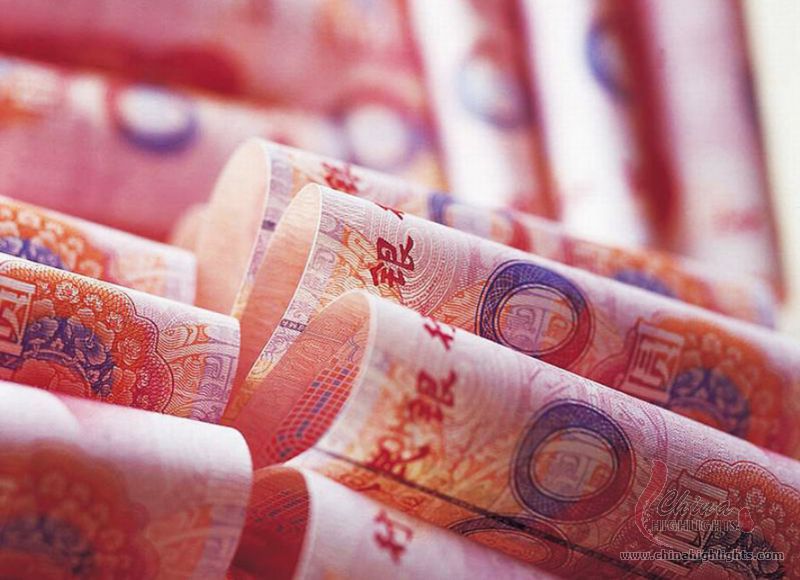Much has been said about the Arab Spring we’re witnessing in the Middle East and Northern Africa. The winds of change bring about promise of democracy and freedom for a region that has long been living under dictatorship regimes. But will these promises be fulfilled?
Freedom is a sacred element in western society. Once you experience freedom there is no going back. But have the revolutions in Egypt or Libya brought freedom to the people? Sadly that’s not the case.
Egypt, where a bloody revolution toppled Mubarak’s regime after 30 years, is now strongly ruled by the Military. Since the revolution the country is in a long and vague transitional period as it struggles to find an agreed method for democratic elections.
This vacuum is the greatest risk of such rapid changes. Radical Islamic elements are a strong force behind the Arab Spring revolution. But it is not freedom and democracy these elements seek. Freedom and democracy, the foundation of the western world, is what Radical Islam would like to abolish. The ultimate goal of radical Islamic movements is a global Islamic regime and the implementation of Sharia law for all.
Supporting the Arab Spring revolutions is a temporary choice allowing radical Islamic movements to capitalize on the change and take over.
In Egypt, the Muslim Brotherhood, a radical Islamic movement which has been banned in Mubarak’s time, has been gaining grounds and increasing its political impact in the country. Many Egyptians fear that it will dominate the elections if it will take place this fall, which will be the end of democracy in Egypt. Radical Islam has taken over Sinai region, a desert region near the Israeli border, and made that region a Wild West territory.
Take Libya as another example. Radical Islamists are among the leaders of rebels who have toppled Tripoli and are hunting down Moammar Gadhafi. Western powers chose to ignore these radical elements for now. However, if these radical Islamists elements among the rebel government succeed in gaining dominance in Libya, it would divide Libyan society between male and female and block the media and educational system from creating a secular society that can integrate with the West. Is this freedom? Is this democracy?
Change is good if done responsibly, taking into account society status before and after. In a closed society of the Arab world, swift changes can be deadly and can impact the whole region.
Change does not have to be radical to make an impact. Take a look at Uganda, an African nation where in the last 23 years, President Museveni has presided over a rapidly growing economy and a rapidly transforming society. Economic growth has led to rapid population growth; so the country is suffering from a youth bulge. But it has also led to rapid urban growth; vibrant economic activity in cities has attracted many youth out of the idleness of the village to seek opportunities in urban centers. Growth combined with government policy led to mass education as student enrolment in private and public schools, is at an all time high.
Almost 9 million students are enrolled in primary school today, up from 2.5 million in 1990, and university enrolment now stands at 70,000, up from 6,000 in 1990. All these changes are taking place in the context of rapidly spreading mass media; Uganda now has over 200 private FM radio stations, over 150 newspapers, 20 local television stations and more than 3.2 million people access internet.
These great slow changes have created greater demand from society, which create frustration when the country is not able to fulfill these demands. As a result, Uganda has seen its share of protests against regime policies. But as no political party is banned, these issues are being dealt with through direct dialogue between President Museveni and the younger generation of leaders.
Responsible change is what this region needs. Let’s hope other countries will follow Uganda’s example so we could all enjoy peace and stability in Africa and the Middle East.

COMMENTS
Please let us know if you're having issues with commenting.